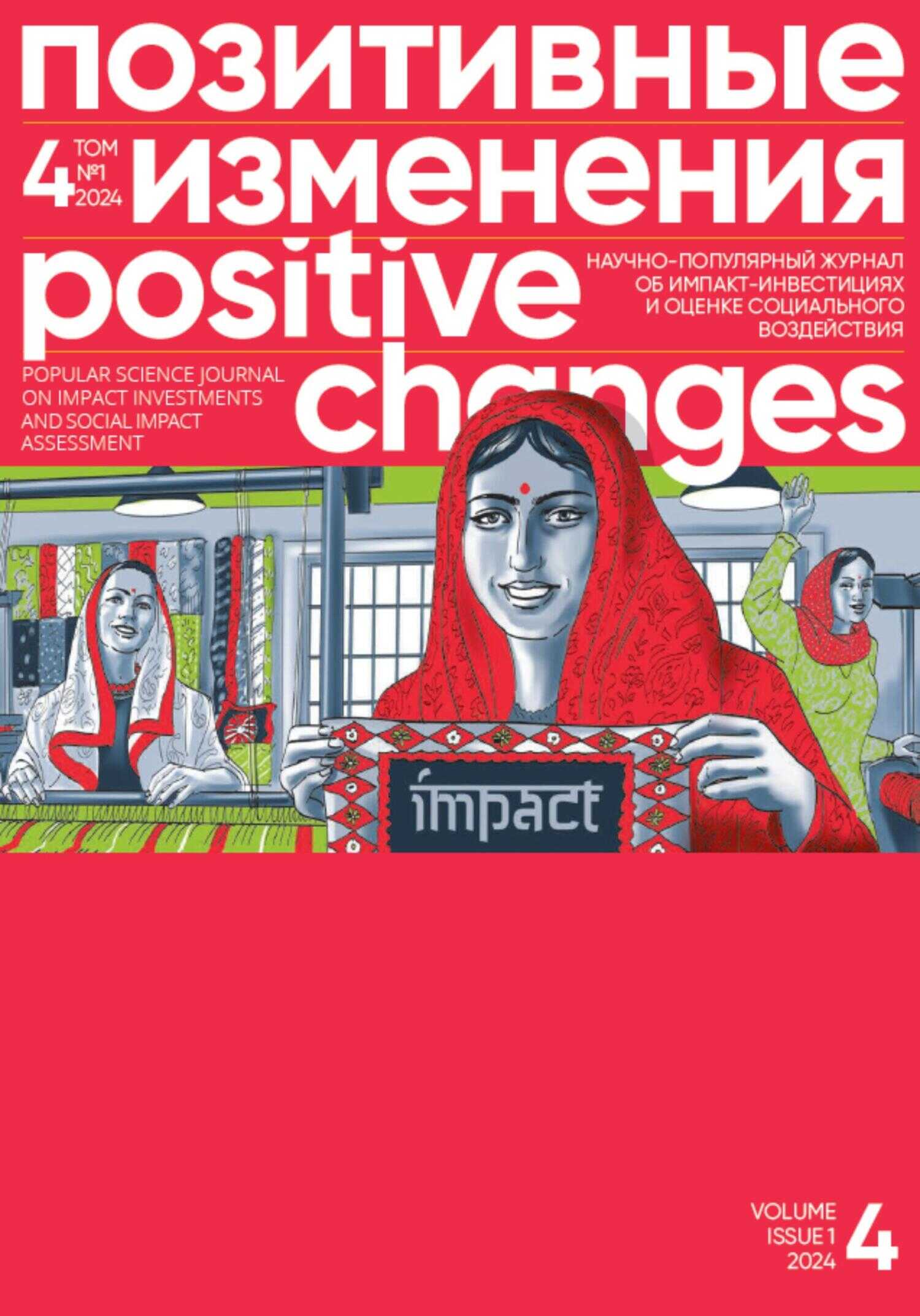Книга Позитивные изменения, Том 3 №1, 2023. Positive changes. Volume 3, Issue 1 (2023) - Редакция журнала «Позитивные изменения»
Читать книгу Позитивные изменения, Том 3 №1, 2023. Positive changes. Volume 3, Issue 1 (2023) - Редакция журнала «Позитивные изменения» полностью.
Шрифт:
-
+
Интервал:
-
+
Закладка:
Сделать
Перейти на страницу:
Перейти на страницу:
Книги схожие с книгой «Позитивные изменения, Том 3 №1, 2023. Positive changes. Volume 3, Issue 1 (2023) - Редакция журнала «Позитивные изменения»» от автора - Редакция журнала «Позитивные изменения»:
Комментарии и отзывы (0) к книге "Позитивные изменения, Том 3 №1, 2023. Positive changes. Volume 3, Issue 1 (2023) - Редакция журнала «Позитивные изменения»"








